Profitable trading must take into account the various costs involved. The costs include the common spreads, commissions as well and swap fees which are pegged on trading activities. These expenses can snowball fast and even they may negatively affect traders’ earnings if not put under care. That is why you need to be familiar with all the charges before placing any trading order so that you can decide more knowledgeably whether you should go ahead and buy a certain trade. In the text below, we’ll talk about how commissions work and how to properly use a commission calculator to calculate what must be paid to your broker.
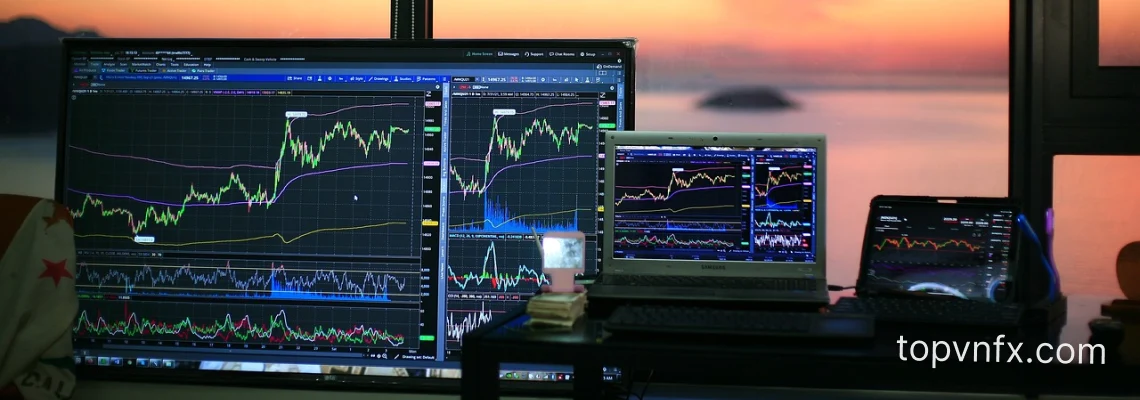
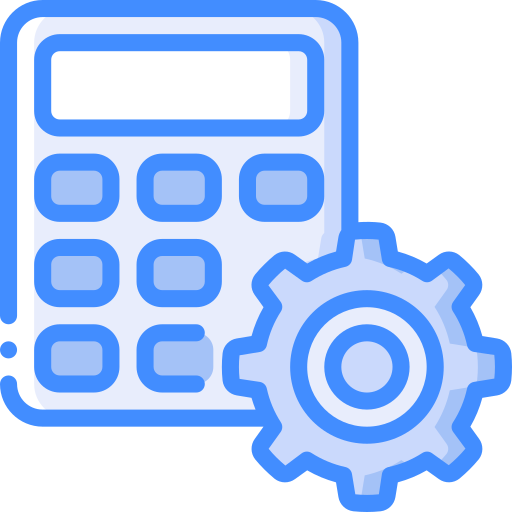
Commission calculator functionality
The broker charges a commission for certain trades, and a special tool called a trading commission calculator calculates it. This can help you determine how much you will be charged for forex transactions. In order to determine the commission amount, you can use an online tool provided by your broker or even reliable sites such as mt4 calculator that talk about commissions. Usually, you need to enter the following data into the commission calculator:
- Asset class;
- Base account currency;
- Symbol;
- Trade size in lots.
Below in the table, you will find a comparison of the commissions of the best brokers.
Ranking position | Logo | Minimum deposit | Commissions | Licensed by |
1 |  | $1 | From 0 pips | Cyprus Securities and Exchange Commission (CySEC) |
2 |  | $200 | From 0 pips | Financial Services Authority of Seychelles (FSA) |
3 |  | $10 | Floating from 0 points | FSC of Belize |
4 |  | $100 | ECN - floating from 0 pips, Standard - floating from 1.3 pips, Fixed - fixed from 3 pips, Crypto - floating from 1.3 pips. | Island of Mwali (Comoros) and supervised by the Mwali International Services Authority (MlSA) |
5 |  | $50 | From 0 pips | ASIC, AUSTRAC, BAFIN, CIMA, FSC, FMA, CySEC, MAS, SCA, VFSC |
6 |  | $10 | From 0 pips | CySEC, South Africa's FSCA, UK FCA, and FSC |
7 |  | $100 | From 0.8 to 3 points | Australian Securities & Investment Commission (ASIC), (CIRO), (JFSA), and in the European Union via MiFID |
8 |  | $100 | From 1 pip (Variable Account Spreads), from 0.0 pips (Raw Account Spreads) | Australian Securities & Investment Commission (ASIC) and the Financial Markets Authority (FMA) |
9 | $100 | From 0.1 pips | Cyprus Securities and Exchange Commission (CySEC) and FSCA |


Benefits of using a broker commission calculator
The commission calculator will be useful for those who want to properly calculate the fees charged for transactions, enabling them to make informed decisions.
- Accuracy. When using a forex commission calculator, you can calculate with a high degree of accuracy the amount you will pay for commission on your trades. This way, you won’t have to worry about hidden costs that may arise on specific trades as all these costs will be known in advance.
- Time saving. Manually calculating commissions is time-consuming and you can make mistakes if you are not good with numbers. It is for this reason that a trading commission calculator can help you save time and avoid mistakes at the same time.
- Comparing costs between brokers. Using a broker commission calculator will allow you to compare how much different brokers charge for trading services, which means you can choose the one you want to work with based on cost.
- Determining profitability. We advise you to accurately calculate your trading costs, as this will help you determine your potential profitability.
- Better risk management. The best way to manage risk during business transactions is to first understand trading costs to minimize losses that can lead to adjustments in trading strategies, especially when huge funds are involved.

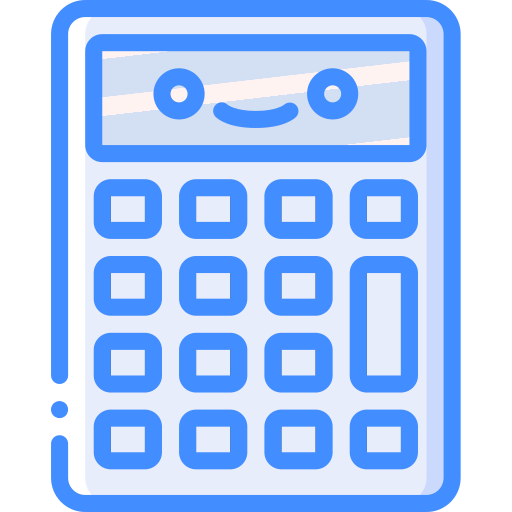
What to Look for in a Trading Commission Calculator
- Ease of use. It should be easy for you to understand and navigate the trading commission calculator. Even beginners should find it easy to use. Charts and numbers should be easy to read in a simple interface.
- Customization. The user should be able to customize the calculator settings to suit their trading style and preferences. This includes selecting currency pairs to trade, entering trade volume or specifying the base currency of the account.
- Live data. For you as a trader to make informed choices, the calculator needs to calculate in real time the commissions your broker is charging.
- Seamless Integration. If possible, you would like the calculator to export the data it receives to your trading platform or to be harmonized with the platform you are using. The reason is that this will help you save time as well as increase the speed of calculating commissions.
- Widespread accessibility. The commission calculator should be easy to use and accessible on a variety of devices such as desktop and mobile computers. It should be accessible at any time and from anywhere.

Practical use of the calculator
If you want to calculate your trading expenses using a commission price calculator to control your trading costs and also optimize your trades effectively, you should follow these tips:
- Ensure all fees are included: Be aware of additional fees.
- Check rates: Be sure to use the current rates offered by your broker.
- Ensure accuracy: Double-check the results of large or complex trades.
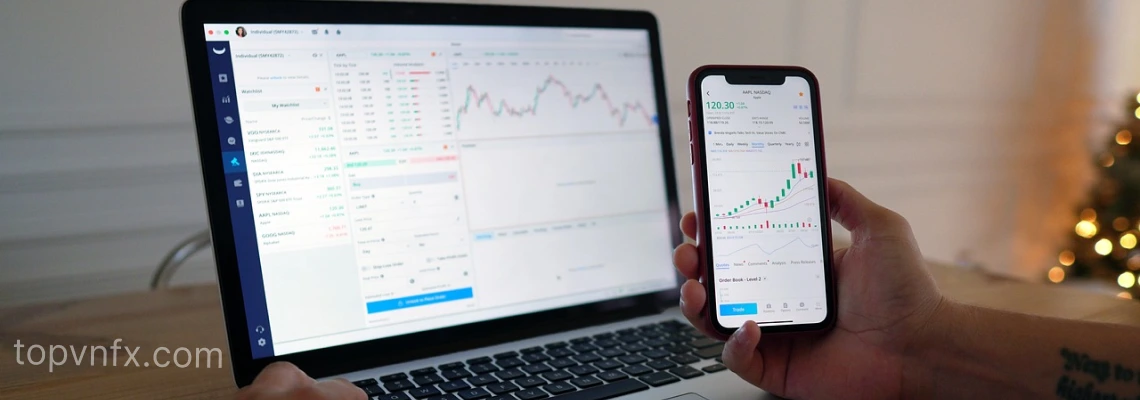
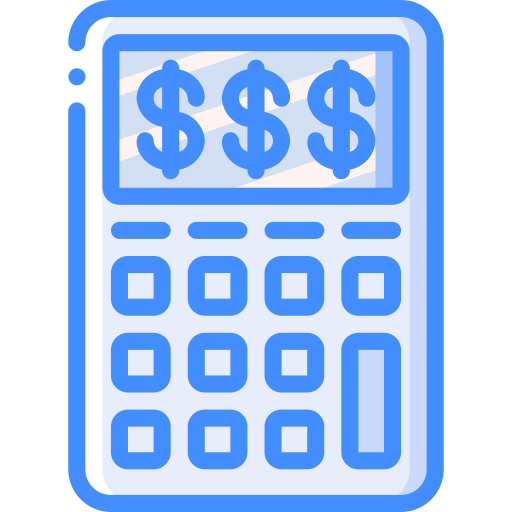
Some examples of how the commission calculator works
- Suppose you have bought 100 shares at 50 dollars per share with a commission of 5 dollars flat. Trade Size: 100 shares; Price per Share: $50; Commission: $5 flat. Total Cost: (100 X 50) + 5 = $5005.
- Trade size is two hundred shares at thirty dollars each with a commission of 0.5%. Trade Size: 200 shares; Price per Share: $30; Commission: 0.5%. Total Proceeds: (200 \times 30) – (6000 \times 0.005) = $5970.
- Buying five contracts each at $1,000 per contract in addition to a $3 flat fee and $0.50 exchange fee per contract will incur the following costs: Trade Size: 5 contracts; Price per Contract: $1,000; Commission per Contract: $3; Exchange Fee per Contract: $0.50. Therefore, the total cost would be equal to five times the price of one contract plus five times the commission amount plus five times the exchange fee, which is equivalent to (5 × 1000) + (5 × 3) + (5 × 0.50) = $5017.50.

FAQ
A Forex calculator is a Forex trading tool that helps traders determine the profit or loss incurred on a particular trade. This calculator takes into account entry and exit prices per trader, trading currency pair, number of units, spread cost, rollover commission, and any commissions where applicable.
Spread, commission and transaction fees are part of the fees that traders incur on foreign market exchanges. Fully selecting a broker requires intimate knowledge of the impact these costs have on our trading results.
To calculate the commission you earn as a percentage of the sale of each product, you would multiply the commission rate by 100 and then divide it by the sales price.
